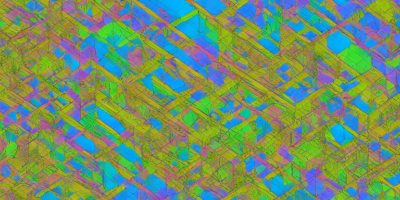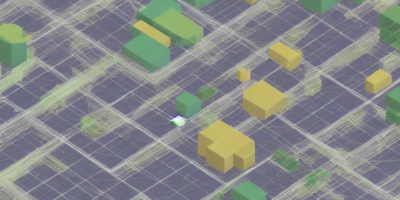In this article, we propose a new algorithm for solving non-local linear consensus problems in a distributed manner. These types of problems are common in various fields such as sensor networks and control systems, where multiple sensors need to agree on the correct reading or measurement despite differences in their local measurements. Our proposed algorithm takes advantage of the distributed implementation to avoid redundant space and reduce communication complexity compared to previous works.
To understand how our algorithm works, let’s first consider a distributed situation where each player only accesses the information of its neighbors and exchanges information with them. If two players are neighbors, they need to control their local variables to estimate the correct value. On the other hand, if an anchor node is a neighbor of a non-anchor node, the anchor node itself can estimate the value without considering its own measurements. This approach reduces the communication complexity and avoids redundant space compared to previous methods.
To formulate this problem mathematically, we use potential games. Potential games are used to represent SNL problems (SNL stands for "non-local linear consensus") in a distributed manner. In our case, we consider the so-called consensus of cognition among anchors and the consensus of physical measurements. We use a distributed potential game to characterize this problem and propose an efficient algorithm based on the solution of this game.
Our proposed algorithm has several advantages over previous methods. Firstly, it reduces the communication complexity from O(Wq) to O(Wq), where W is the number of nodes and q is the number of measurements per node. Secondly, it avoids redundant space by taking advantage of the distributed implementation. Finally, our algorithm can be applied to a wide range of problems, including coalition games, zero-sum games, and potential games.
In summary, our proposed algorithm provides an efficient solution for non-local linear consensus problems in a distributed manner. By taking advantage of the distributed implementation and the potential game framework, we can reduce communication complexity and avoid redundant space compared to previous works. Our algorithm has a wide range of applications in various fields such as sensor networks and control systems.
Mathematics, Optimization and Control
Distributed Localization Methods: A Comparative Study



